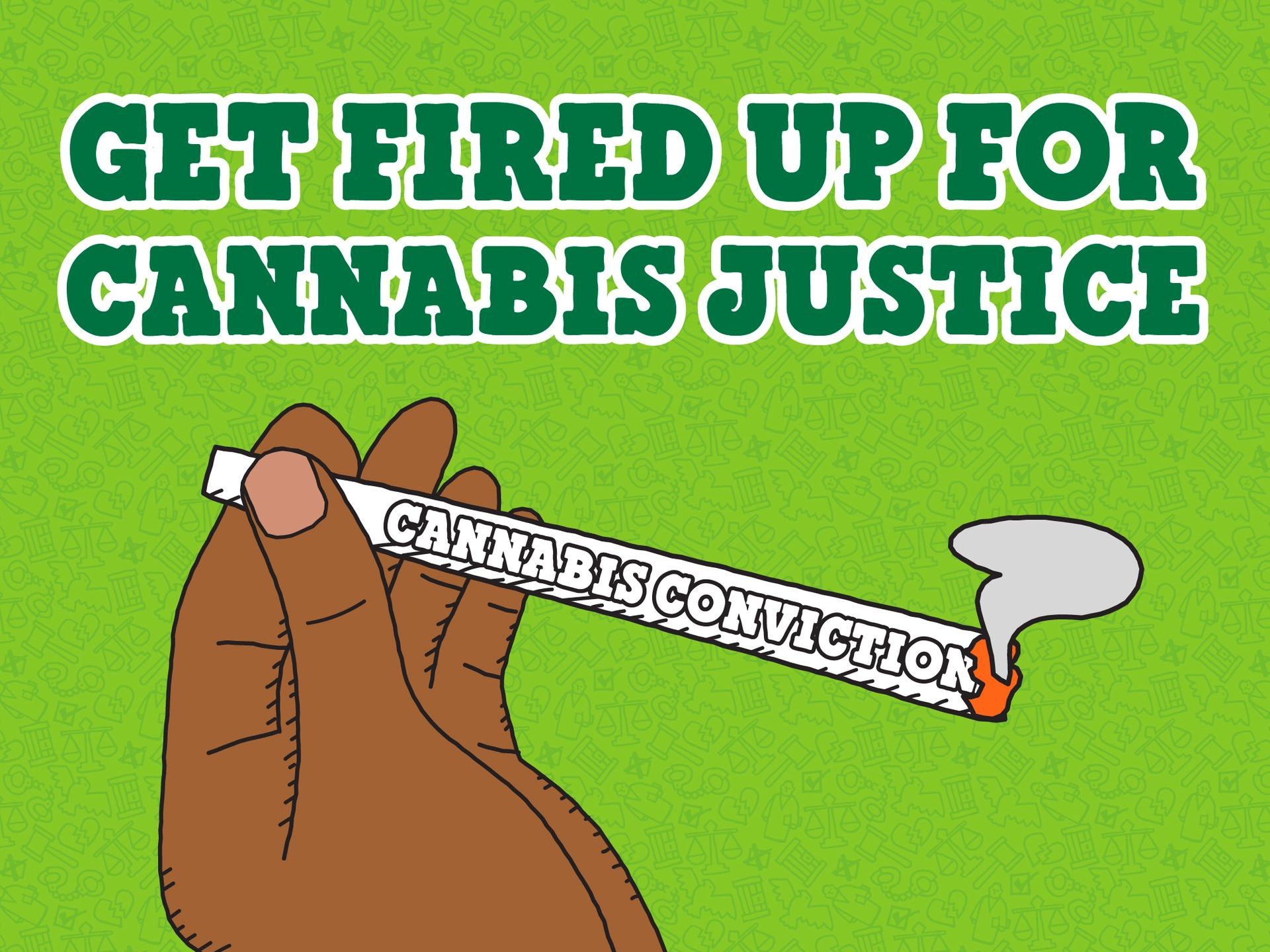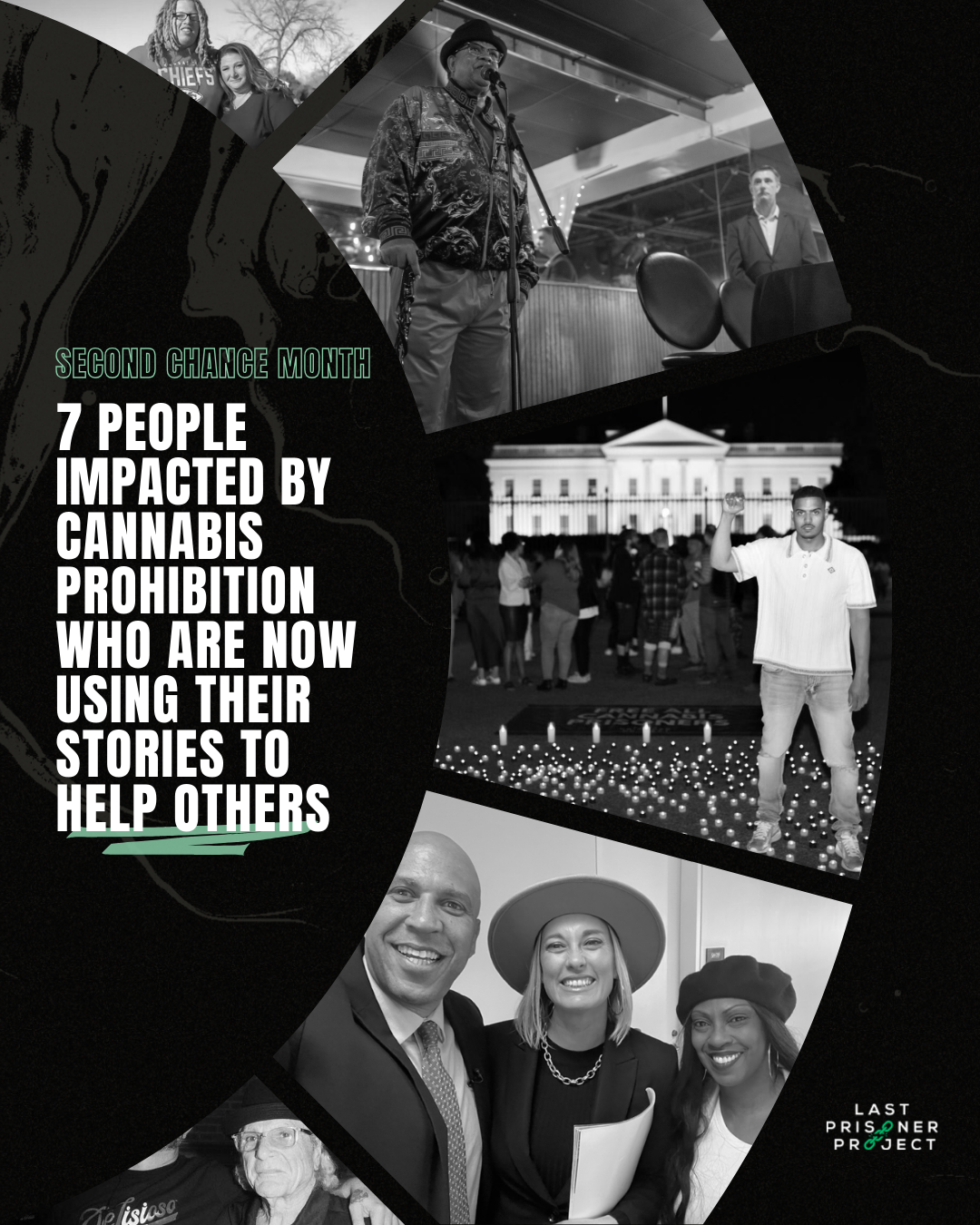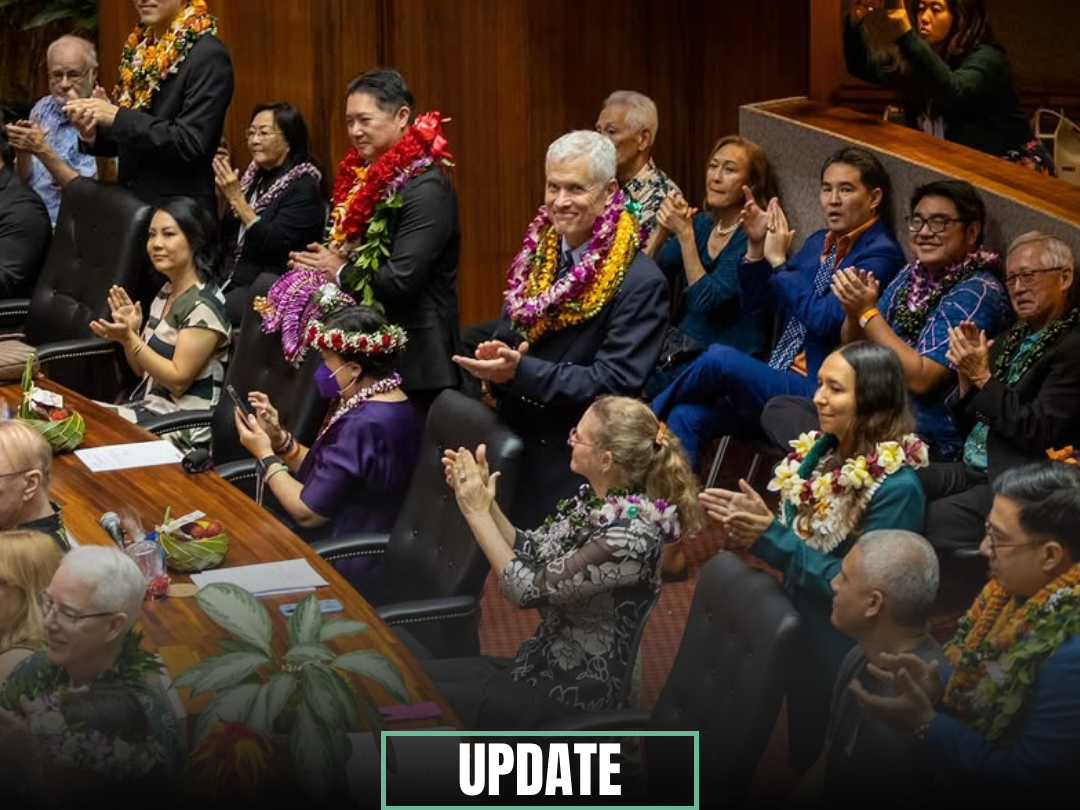LPP-Sponsored Automatic Cannabis Record Sealing Law Has Helped 9,000 Californians, But 20,000 Still Need Relief
California’s Department of Justice (DOJ) has released its most recent quarterly report, highlighting the progress that counties have made in sealing eligible cannabis records as a part of the mandate set out by AB 1706. While we are happy to see the progress that many counties have made in sealing cannabis records, we are still concerned by the lack of progress by others.
At the start of this year, nearly 29,000 eligible individuals had not yet had their cannabis records sealed. As of this April, about 9,000 individuals have now had their cannabis records sealed.
This is undoubtedly a great start; however, it is important to note that over twenty thousand eligible individuals have yet to have their records sealed. The gap in implementation is particularly acute in counties such as Amador, Humboldt, Imperial, Marin, San Joaquin, and Trinity, where less than 50% of eligible individuals have actually had their cannabis records sealed.
Feel free to
check out our map (below) to see the progress that your county is making in its implementation of AB 1706.
When delving a little deeper into the DOJ’s report, we found that a few counties have either challenged or deemed certain records as ineligible for relief. For example, in Fresno, Kern, Napa, and Sutter, anywhere from five to seven percent of eligible records were challenged by prosecutors and therefore did not end up being sealed. In Madera, over 10% of eligible records were challenged by prosecutors, resulting in approximately 120 cannabis records that will end up not being sealed.
We are hopeful that the DOJ will do its due diligence to confirm that these records prosecutors challenged and deemed ineligible were in accordance with the law.
Finally, we are looking forward to the DOJ’s rollout of a public awareness campaign to ensure that individuals are aware that their cannabis records have been sealed. This is critical to ensuring that individuals can move forward with their life, knowing that an erroneous cannabis record will not appear when they apply for a job, housing, or other types of public services.
There are numerous ways to educate the public about their newly sealed record (e.g., billboards, social media pages, educational webinars, meetings/presentations with community-based groups, etc.). We are hopeful that the DOJ will work to implement this campaign broadly and expeditiously so that individuals with past cannabis records can move on with their lives.






